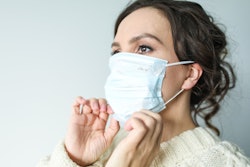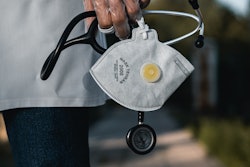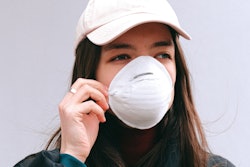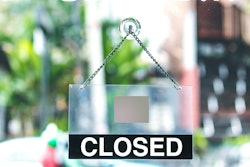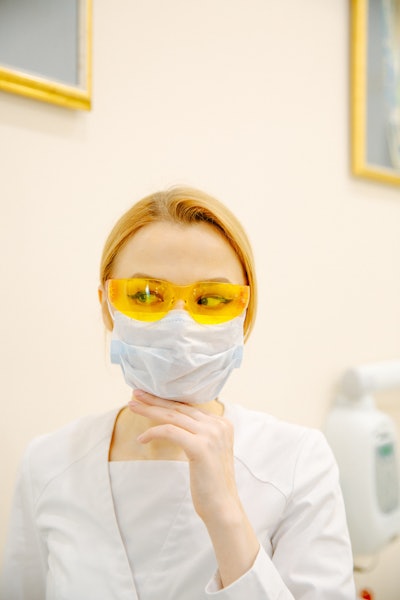
Clēan Works adapted its production facility in Beamsville, Ontario to focus on manufacturing mobile units that can sanitize N95 masks. The company has been using the technology and equipment for the past four years in the food industry. The technology has been validated on food-born pathogens and is also highly effective in killing viruses.
“We designed the unit to be wheeled right into those areas of need in healthcare epicentres,” says Mark VanderVeen, President of Clēan Works. “That means hospitals, ICU wards, nursing homes, wherever it’s needed. We pivoted our production lines to start over this past weekend and have been in touch with hospitals, the Government of Ontario, and National Research Council.”
VanderVeen said each unit can sanitize 1,200 masks per hour or almost 30,000 per day. He also said it can be used for other Personal Protection Equipment (PPEs).
The process kills harmful pathogens and mold, and is a firewall against contamination. The Food Science Department at the University of Guelph, Canada’s leading agri-food institution, found it was 99.99% effective. Clēan Works developed the process – it’s chemical-free and waterless, and uses ultraviolet light and vaporized hydrogen peroxide to kill pathogens – after a Listeria outbreak impacted North America’s candied apple industry.
“During our testing and development phase we sanitized fruits and produce of viruses much more resistant than coronavirus,” says the University of Guelph’s Dr. Keith Warriner, who is Canada’s leading food scientist.
“The process works and it can definitely sanitize the masks our healthcare workers are using right now. It’s a matter of inactivating microbes that are within the filter and straps, and on the surface.”




